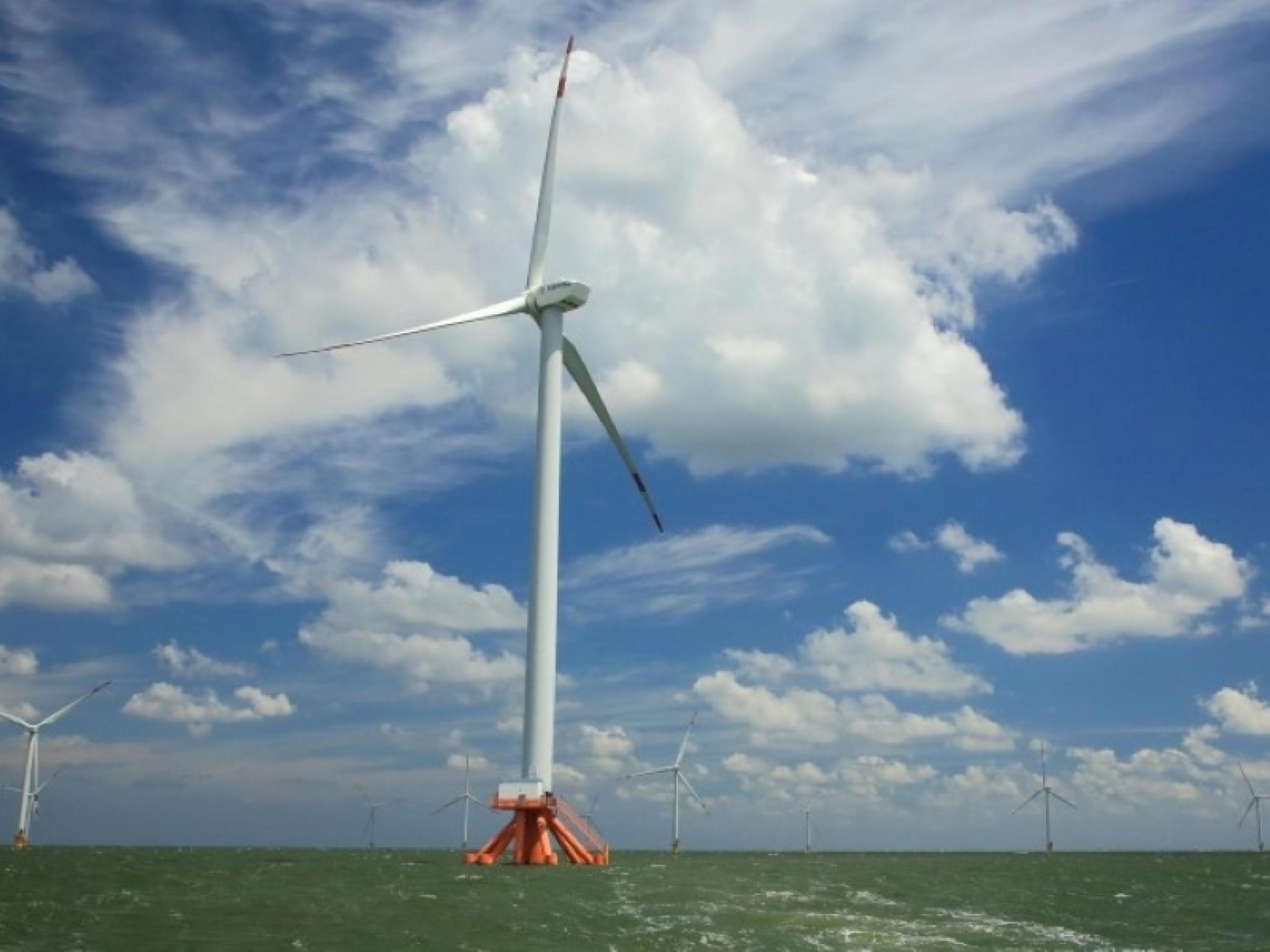
Chinese institutional investors are increasingly considering environmental, social and governance factors when choosing where to place their money
By Charles Qiu
Corporate social responsibility (CSR) has become a relatively common concept among Chinese companies, mainly in relation to topics like poverty alleviation that have been on the government agenda for a while. Much newer to the country are environmental, social and governance (ESG) considerations, a more comprehensive concept that has gained greater attention in recent years due to growing interest from financial institutions.
For investors, such non-financial factors are becoming an important part of the analysis process to identify material risks and growth opportunities. ESG ultimately aims to measure elements related to sustainability and the social impact of a company or business. CSR is a more self-regulating model that companies use for strategic or ethical purposes when presenting their public face.
ESG and CSR are related but not the same. ESG relies on specific metrics that can be used to evaluate a company and determine if it’s investment worthy. By comparison, CSR is generally understood as a strategic initiative that contributes to a brand’s reputation.
Put differently, ESG can be thought of as the quantitative side and CSR as the qualitative side when looking at a company from the perspective of its performance as a responsible member of the community. With its more comprehensive and quantifiable measurements, ESG has been getting more attention as a driving force for a growing number of financial institutions.
While relatively behind more mature western markets, China has taken steps to standardize ESG practices in recent years. For example, it has issued public documents like “The Green Industry Guidance Catalog” and “SDG Finance Taxonomy (China)” to standardize how companies implement ESG practices and ensure transparency of their information disclosure.
As ESG develops, several ratings systems that can provide guidance for investors have developed in tandem, including ones created by global index compliers MSCI, Wind and FTSE Russell. Some locally created ESG rating systems have also begun to appear. Such systems look at companies’ commitments and how they plan to achieve their targets. Setting a target is the first step. Companies that value ESG should then have clear plans on how to achieve their goals and disclose their ESG practices progress regularly.
Some asset managers have also developed their own rating systems that use big data mining to compare companies’ actual words and deeds separate from the information they voluntarily provide.
Generally speaking, the quality of ESG information tends to be better from state-owned companies than private ones, especially those that are dual listed in Hong Kong and on China’s A-share market. State-owned enterprises tend to be more transparent with their information disclosure, and some have even started third-party verification.
Focus on environment, corporate governance
Within the broader ESG concept, Chinese companies pay relatively more attention to the environment and corporate governance elements. Carbon neutrality, common prosperity and fair distribution of wealth have all become important ESG topics in China as well.
China previously announced targets of hitting peak carbon emissions by 2030 and achieving carbon neutrality by 2060. In step with that, the country has included regulations on greenhouse gas emissions as part of its issuing of some of the previously mentioned ESG-related policies. As a relatively easy thing to measure and quantify, such greenhouse gas emissions have become a strong focus area for Chinese companies in their ESG strategy.
The environmental focus comes as China undergoes a bigger transformation in its overall energy structure. That means new energy sources like wind and solar will hold big investment opportunities in the future, as the country looks for replacements to current fossil fuel-based energy that accounts for a high proportion of China’s total carbon emissions. Promoting green energy is a key to achieving carbon neutrality, and thus is likely to become an important part of companies’ ESG efforts going forward.
Chinese companies also realize that good corporate governance is very important for their sustainable development, understanding that investors will consider elements like governance structure and executive management in their decisions. The ratio of males-to-females on a company’s board has also received wide attention in recent years, as many believe such diversity can help companies make better decisions.
ESG investment has become an important strategy for institutional investors, acting as an important gage of a company’s profitability and its ability to develop in a sustainable way. The strategic goal of ESG investment is to attain higher returns and lower risks. By incorporating ESG factors into their decisions and monitoring target companies’ behaviors more comprehensively, investors can select higher quality targets for their money. The long-term value features of ESG are very attractive for Chinese institutional investors.
Charles Qiu is an investment expert who focuses on China ESG investment. A main source of his research is Southern Asset Management, an asset manager based in Shenzhen with $276.2 billion in assets under management.
(In the event of any conflict between the English and Chinese versions of this blog, the English version should be the reference.)







